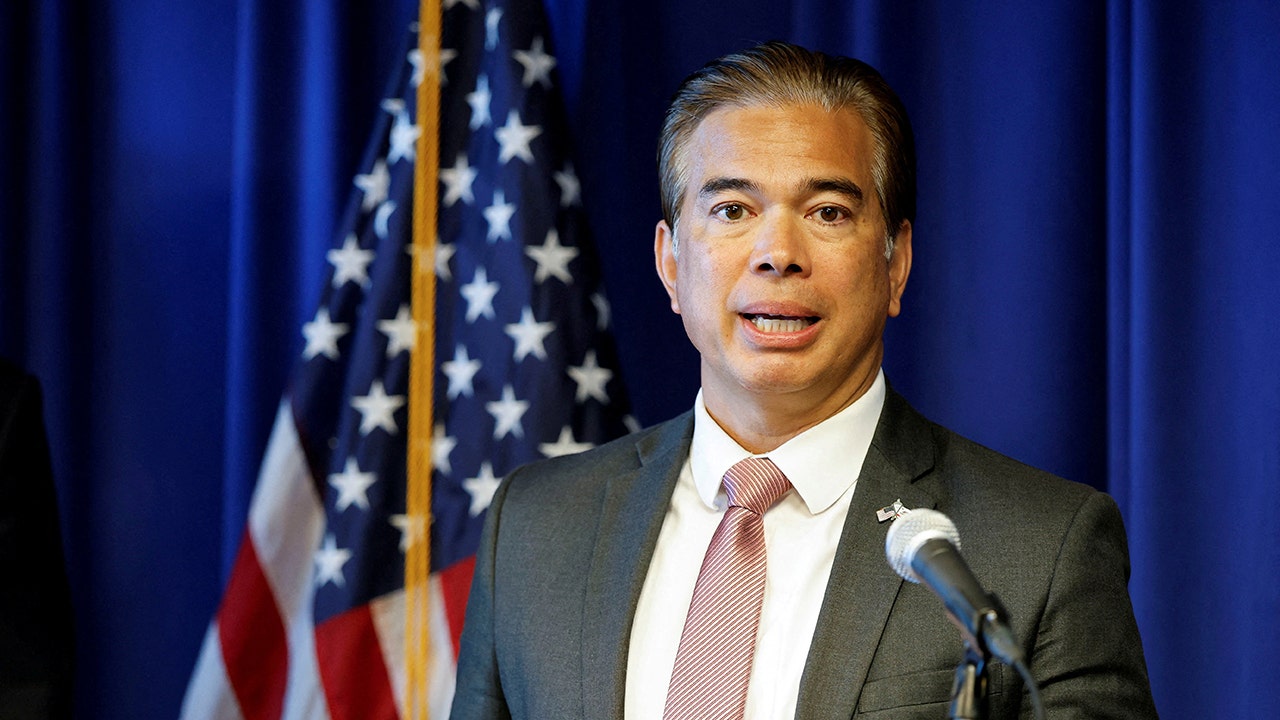Those celebrating alleged murderer Luigi Mangione won’t hear a peep of condemnation from many young Americans.
About 40% of Americans aged 18 to 29 believe “citizens taking violent action against the rich” is sometimes justified, according to the Cato Institute’s 2025 Fiscal Policy Survey. The share of people who agree with that statement has risen with each generation.
40% of young Americans think violence against the rich can be justified: pic.twitter.com/WHyh1oeZSa
— Rob Henderson (@robkhenderson) October 22, 2025
Pollsters included 2000 total respondents in their final dataset and reported a margin of error of plus or minus 2.41%.
The biggest generational difference is between the 45 – 54 crowd and the 30 – 44 crowd. Among the former, 14% of respondents agreed that taking violent action against the rich is sometimes justified. Among the latter, 29% believe taking violent action against the rich is sometimes justified. (RELATED: HART: Young Folks Today Differ So Much From Us)
This shouldn’t be too surprising.
Mangione, the accused murderer of UnitedHealthcare CEO Brian Thompson, has developed a cult following. Fans can buy Mangione merch, or simply marinate in the online adulation heaped on a man alleged to have coldly killed a father of two.
Many celebrated the murder of Wesley LePatner, a senior executive at Blackstone, as Maya Sulkin documented for The Free Press. LePatner was gunned down in Manhattan this summer.
To their detractors, Thompson and LePatner are more part symbol than person. They stand for something many young people despise: The unabashed pursuit of wealth.
“I’m married to Luigi’s AI, I’m not kidding” Luigi Mangione supporter who is in Ai Relationship with him, Speaks Outside NYC Court pic.twitter.com/mVGIgUGW61
— Oliya Scootercaster 🛴 (@ScooterCasterNY) September 16, 2025
“Eat the rich” propaganda greatly intensified between the formative years of Gen Xers and Millennials.
American Gen Xers were raised with a certain set of economic expectations. That they could become reasonably affluent if they worked hard. That they would be able to purchase a house. That, barring disaster, they could achieve their parents’ degree of class and wealth, at the very least.
Millennials, meanwhile, appear to enjoy commiserating over their mutual financial woes. There’s virtue in living in a shoebox apartment, or paycheck to paycheck, or having student loan debt.
This moral system is born of the assumption that wealth is an immutable characteristic, the result of sheer luck, and/or the result of exploiting others.
That’s not true, of course. What is true is that life is tough in different ways for young Americans. And that domestic prosperity has plunged since the mid-20th century, not just in economic terms. (RELATED: Young People Are About To Discover Political Power They Never Knew They Had)
In the words of the immortal Tony Soprano, “It’s good to be in something from the ground floor, and I came too late for that, I know. But lately I’ve been getting a feeling that I came at the end. The best is over.”
“Many Americans, I think, feel that way,” Dr. Melfi replies.
Indeed. Probably a greater share of Americans living today than those living in the 1990s.
Other groups with a high percentage of respondents who agreed violent action against the rich is “sometimes justified” include, according to Cato:
- 40% of atheists (123 respondents)
- 42% of agnostics (130 respondents)
- 51% of students (97 respondents)
- 54% of those who identify as “very liberal” (219 respondents)
- 55% of Muslims (22 respondents)
- 77% of Hindus (12 respondents)
Oddly enough, 21% of those with a family income above $150,000 per year agreed with the “eat the rich” sentiment. Which makes one wonder what qualifies as “rich” in their minds. Jeff Bezos or bust?
Follow Natalie Sandoval on X: @NatSandovalDC
Read the full article here







![Trump ‘Is Never Going to Waiver’ [WATCH] Trump ‘Is Never Going to Waiver’ [WATCH]](https://www.lifezette.com/wp-content/uploads/2025/08/2025.08.29-11.38-lifezette-68b19149e52bc.jpg)




